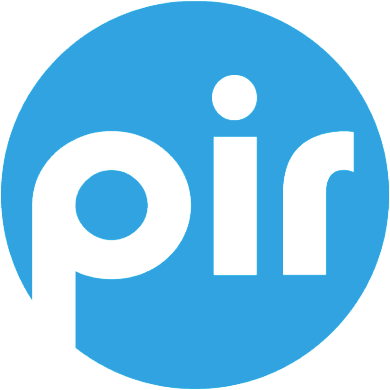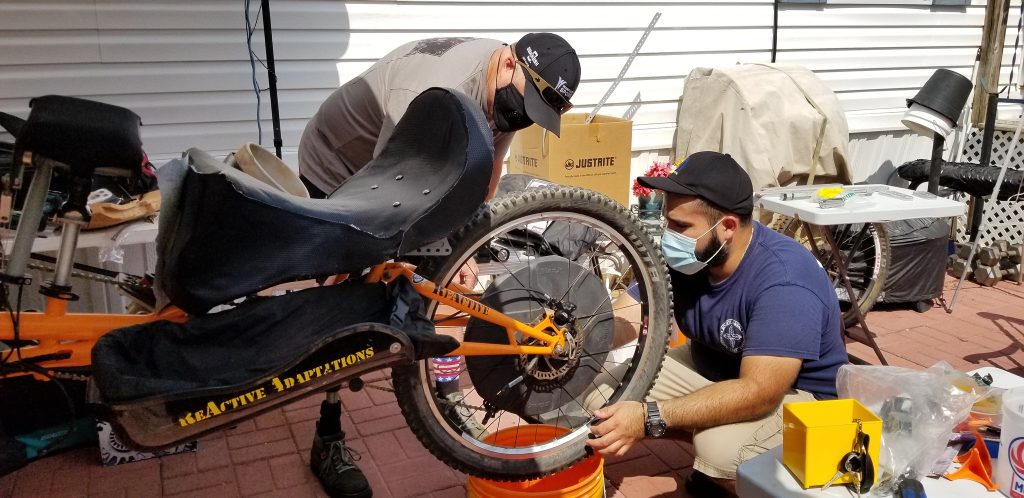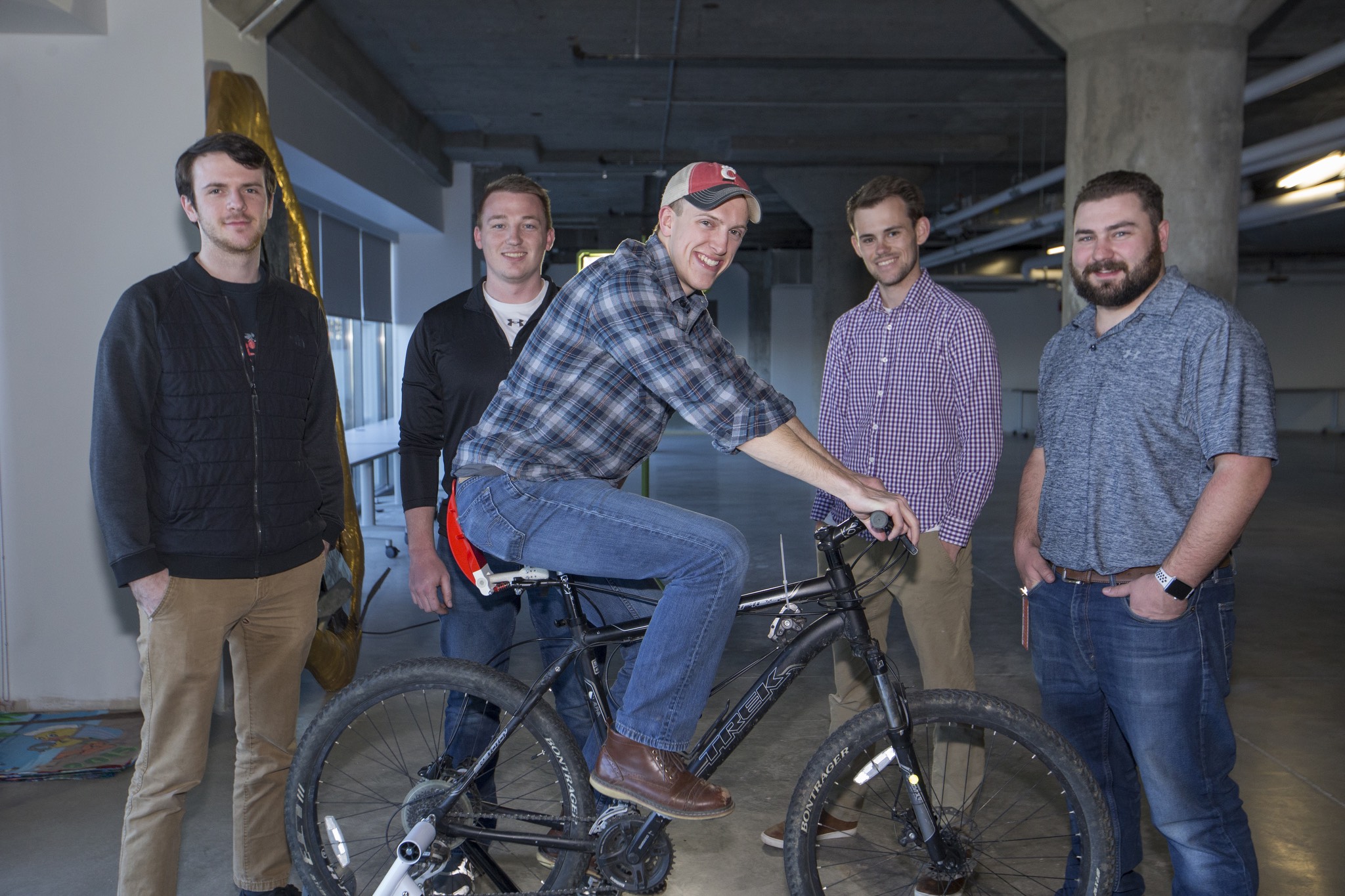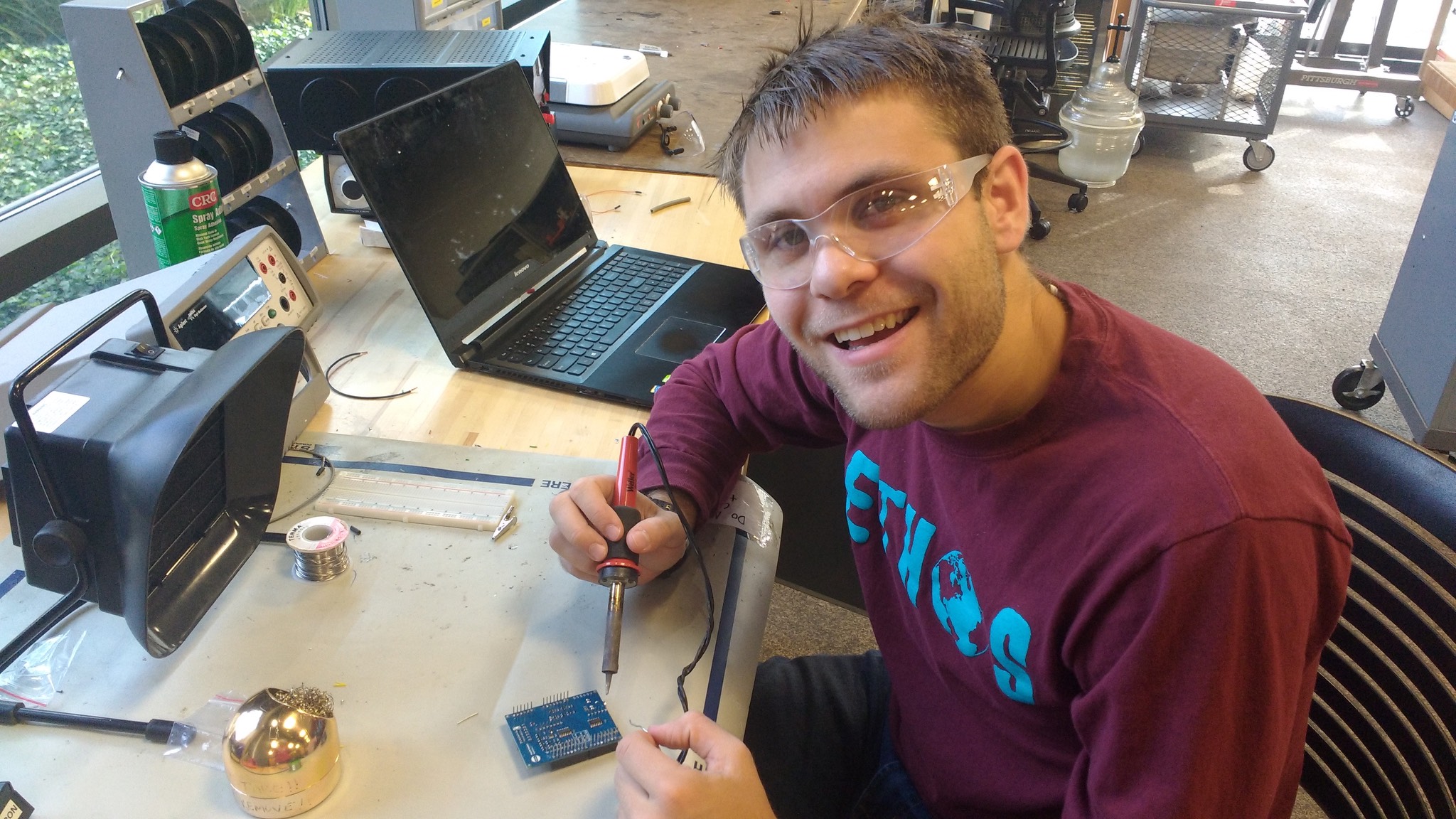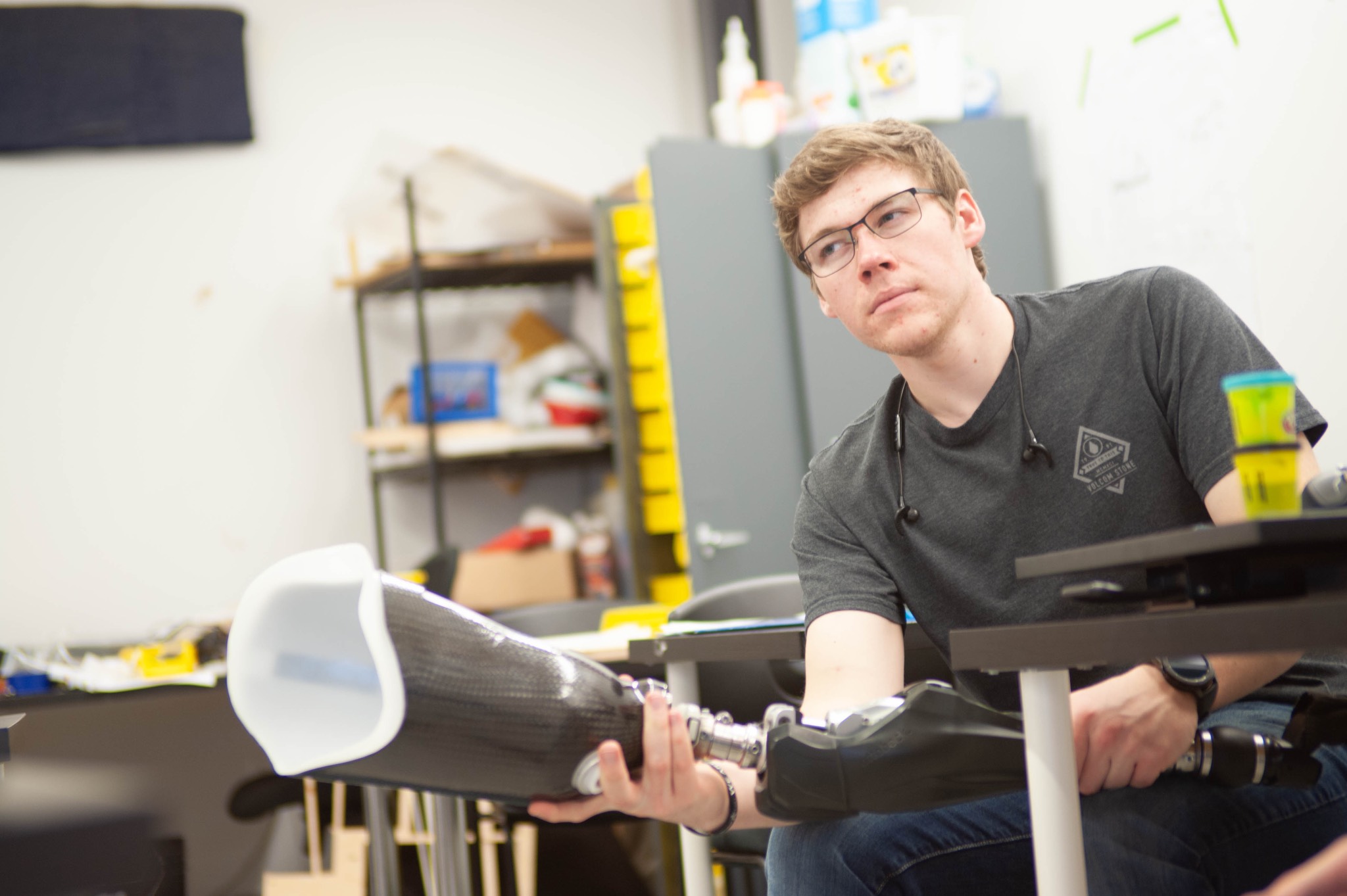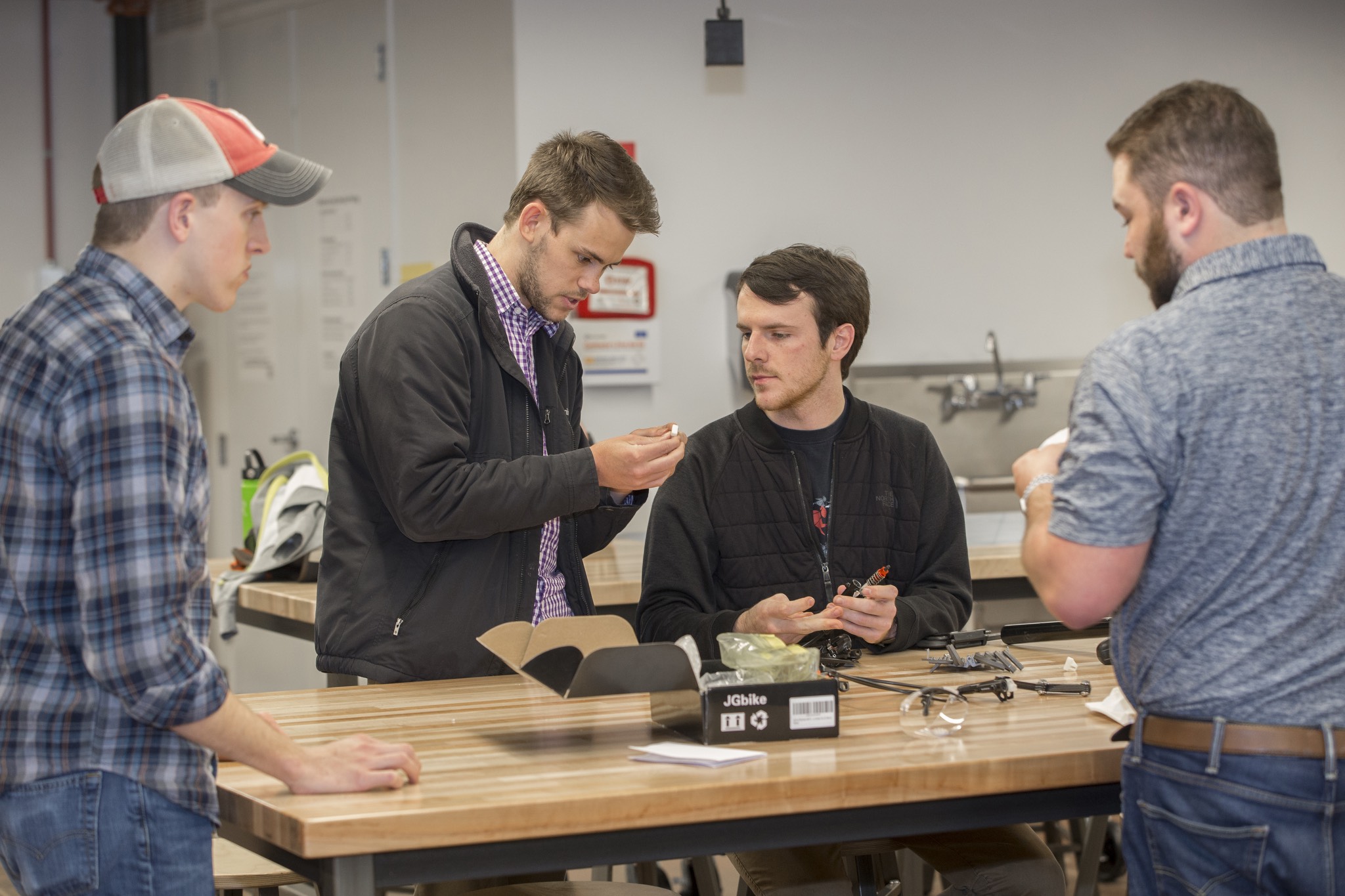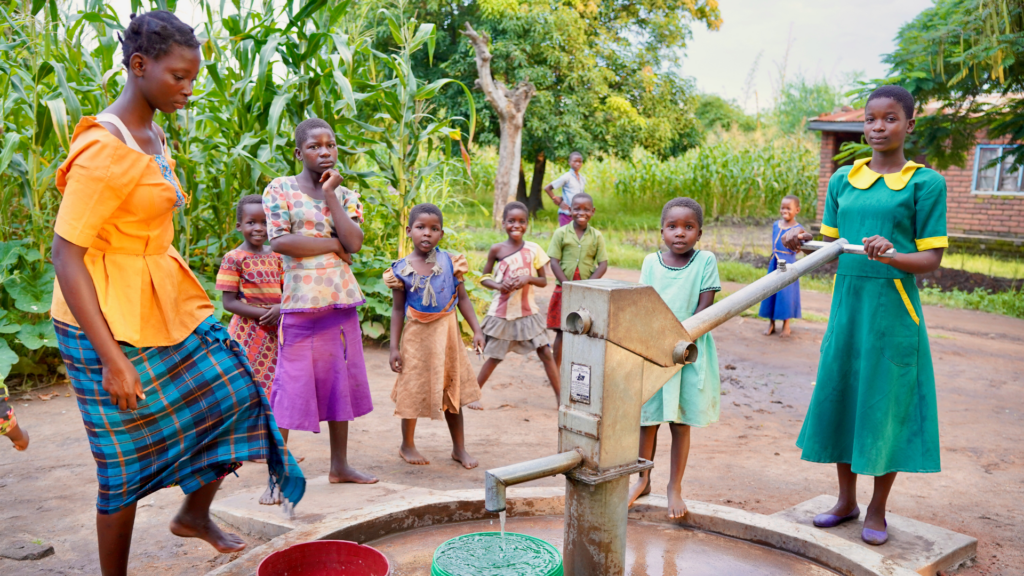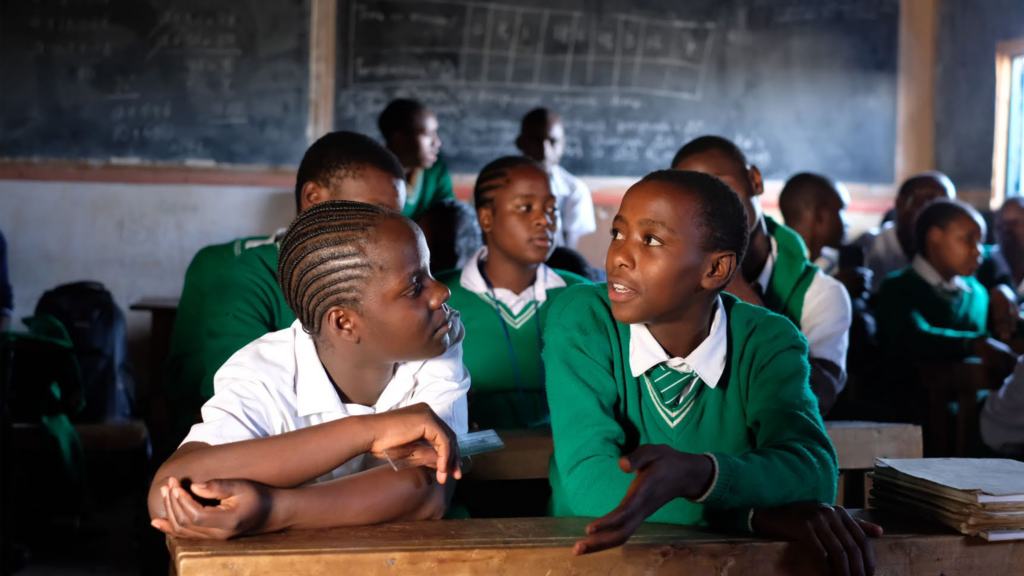A Pandemic Can’t Stop QL+: STEM Students Keep Rising to the Challenge for America’s Heroes
When soldiers and first responders are wounded in the line of duty, accomplishing everyday tasks can sometimes present new challenges. For some, injuries might affect their ability to return to work or live independently. For others, a once-loved sport or hobby may seem out of reach. QL+ works to give returning heroes the support they deserve and need through the development of cutting-edge technological solutions. It’s a simple formula that leads to a cascade of life-changing results.
QL+ connects injured heroes with STEM students at universities and colleges across the country. The veterans and first responders, or “Challengers” as the group calls them, are paired with a student team—advised and supervised by volunteer professional mentors—to create the technologies Challengers need to work, play, and improve their day-to-day lives. More impressive is that the technologies created are all provided at no cost to these brave women and men.
Take retired U.S. Navy explosives expert Taylor Morris, for example. In 2012 He was deployed to a remote region of Kandahar Province, Afghanistan where, while on a patrol, he stepped on an Improvised Explosive Device (IED). An expert diver, parachuter, and warrior, Taylor lost all four of his limbs in the blast. A seasoned veteran with a can-do attitude, he issued a Challenge to QL+ when he returned home to Iowa: Create a trailer hitch so he could work his land independently. With his wife, Danielle, and a new baby, Taylor valued more than ever his ability to get things done. Taylor was paired with graduate students at California Polytechnic State University (Cal Poly), who set to work on a solution.
“Taylor has property where he needs to use trucks, tractors, and trailers,” says Barbara (Barb) Springer, Ph.D., a former Army and White House Physical Therapist and the Chief Operating Officer of QL+. “His truck has three different hitches because he has three different trailers. He uses one prosthetic hand, but he couldn’t change the hitches himself. The students were able to make a hitch that he can change on his own and work all three of his trailers.”
Partnerships like Taylor’s with his Cal Poly team yield enormous benefits not only for the Challenger, but also the students. Challengers are referred to QL+ through the U.S. Department of Veterans Affairs (VA), word of mouth, other non-profits, or social media and are matched with universities and students who work on their Challenge during an entire year as a senior capstone project. The students gain invaluable hands-on design and build experience while also gaining something much deeper—an appreciation for the sacrifices veterans make.
“Americans tend to forget there are still hundreds of thousands of veterans and first responders who still need our help. For example, those wounded in Iraq or Afghanistan. That was a long time ago, and they were young, and they still are going to live a very long life,” says Springer. “Many people are focused on so many other events, especially the ones in 2020. So, those conflicts are not in the media anymore, but our nation’s patriots are still here.”
Patriots like Army and Marine Corps veteran Sarah Frasier-Kim, who lost her leg above the knee, currently has two Challenges with QL+. Her experience with the organization has changed not only her quality of life but her entire trajectory: “Sarah just moved to Rochester, NY from San Antonio, Texas to go to engineering school at Rochester University because of her QL+ experience,” says Springer.
Since QL+’s founding in 2009, 1,195 STEM students have worked on 298 projects. Propelled by a mission greater than themselves, some continued their work even during the pandemic. “Our 2019 projects did not all get completed. Because of COVID-19, our students couldn’t work in labs together to actually build the prototypes. What inspired us is that several teams did manage to complete [their work], because they did it on their own,” Springer says.
“For example, an all-female team of engineers was working with a Vietnam veteran who had mobility issues and couldn’t be exposed to the sun. They were building him a convertible top for his scooter that was automatic, so he could be with his grandchildren at the zoo. They worked remotely and got it done using tools in their dads’ and grandads’ garages.”
So how does one learn more about QL+ and get involved? The website, of course, www.qlplus.org. Springer says QL+ chose the .ORG domain because it matched their service-based, educational mission of providing quality of life technologies at no cost to Challengers; “If you’re a .ORG, you’re not out there to make a profit,” she explains.
Veterans and first responders can go to qlplus.org to learn more about becoming a Challenger, potential professional mentors can reach out by email to [email protected], and donors can make a donation here.
